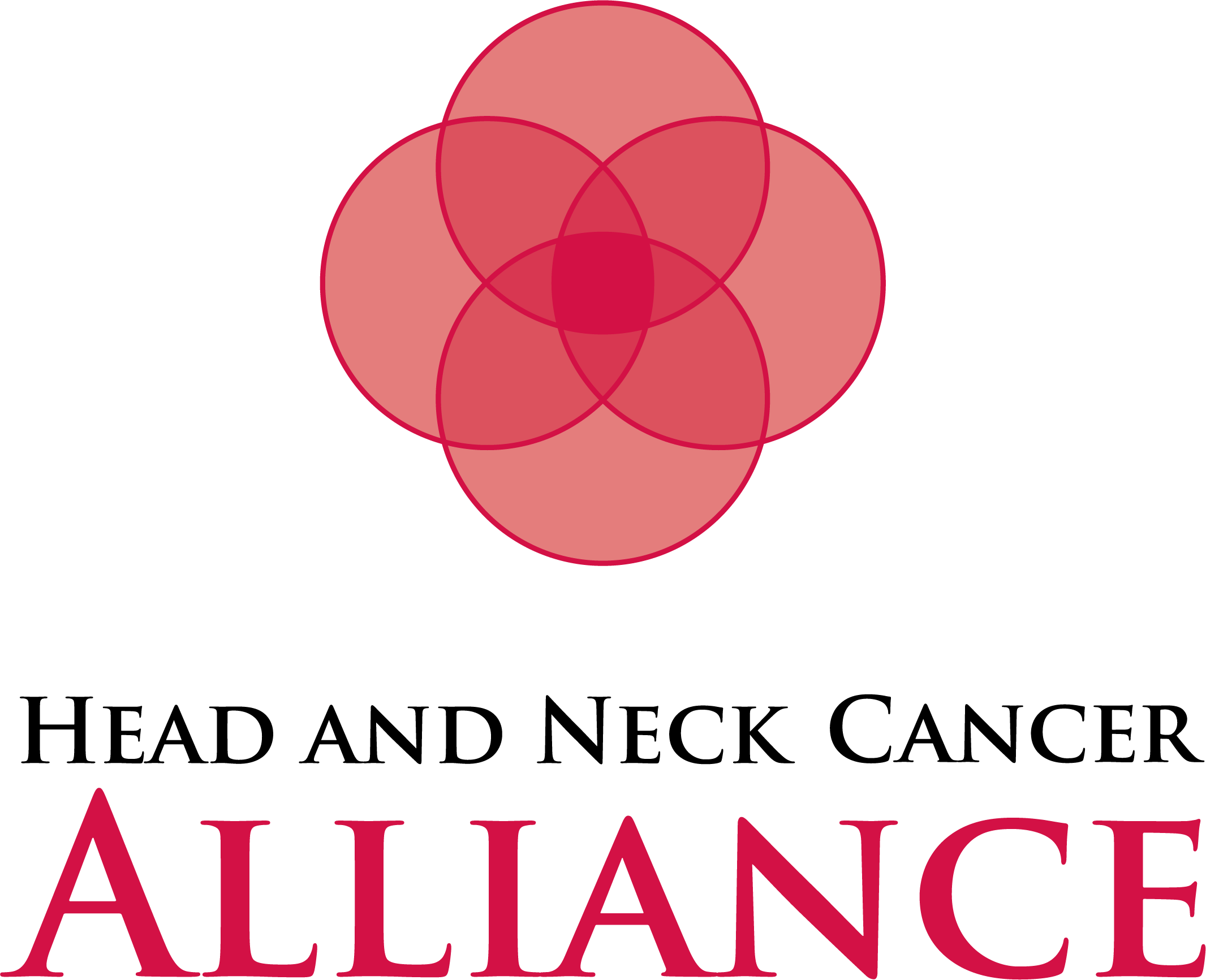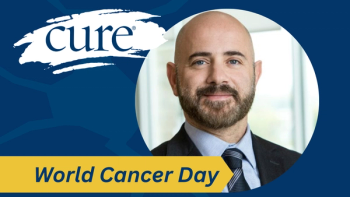
When Surviving Cancer is only the Beginning

For head and neck cancer survivor Jason Mendelsohn surviving cancer was only the beginning of his journey as handling severe side effects from treatment altered his day-to-day life.
After months of treatment for stage 4 HPV-related tonsil cancer, I rang the bell to signify my last day of treatment. It’s a moment that many cancer survivors remember and look forward to while undergoing treatment. In that moment, I truly believed that immediately my life would get easier.
But for me and others who have endured cancer treatment, this good news does not reflect the full story of cancer survivorship.
I’m a devoted husband and father of three who lived a healthy life. Being diagnosed with stage 4 head and neck cancer at 44 came as a shock. As I underwent treatment, including radiation and chemotherapy, I recorded end-of-life videos for my children trying to provide them with life advice to best prepare them for my absence. My friends and family deemed me a fighter, giving me the nickname “
Even before treatment began, I chose to have a feeding tube understanding that many head and neck cancer patients undergoing radiation end up dehydrated due to third degree burns developing in their throat as treatment progresses. The side effects from radiation lingered throughout and beyond my treatment. After surgery, chemotherapy and seven weeks of radiation delivered to the same area of the mouth and throat, most patients develop third-degree burns and radiation-induced severe oral mucositis, or sores, characterized by significant pain and the inability to eat solid food or drink liquids. The body responds to these burns by producing saliva so thick it’s impossible to swallow. I can vividly recall my constant misery and the fear that the sores, the loss of my sense of taste, my inability to speak normally and the constant choking on my saliva would never subside.
Many of these side effects from therapy lasted up to four months beyond treatment, and some lingered for years, with no treatment options other than available pain killers. For many patients, these side effects can lead to depression as their quality of life has dramatically changed.
Ringing the bell, it felt like I had succeeded, and all would be well. What I didn’t realize was that radiation is the gift that keeps on giving, and that the next few weeks would be the most painful yet. My saliva became increasingly thicker. I choked and gagged at least 20-40 times daily and sleeping became almost impossible. Then, I developed neuropathy from chemotherapy, which presented as a slight numbness in my hands and feet. It was several years post-treatment before my saliva slowly returned.
Three years after my diagnosis, the American Joint Committee on Cancer
As treatment outcomes improve and more people live beyond cancer and redefine what survivorship looks like, there is a growing unmet need for therapies to reduce or eliminate the devastating side effects of treatments. Biotech companies are working diligently to improve the challenges of severe oral mucositis (SOM). Galera Therapeutics is one of these companies and its therapy is in a phase 3 trial to assess its ability to reduce the incidence of SOM.
I have hope that surviving the aftereffects of cancer treatment will improve. Throughout my work as a patient advocate, I hear regularly from patients with cancer worldwide that these side effects are among their top fears that will affect their quality of life.
After being diagnosed with cancer, my first thought was to survive. When I realized I would, I wanted to live my best life. I’m fortunate to have a “normal” life – working full time, exercising regularly, traveling and living my life to the fullest with my wife, kids, family and friends. But I still cannot eat most foods without having something readily available to drink. As a result of my neck dissection, I get Charlie horses in my neck regularly from something as simple as flossing my teeth or looking down for too long. Similarly, from radiation, I developed a stiffness in my neck which aches constantly.
Every day, I’m grateful to be here. However, having therapies available that eliminate or lessen these side effects could help cancer survivors do more than just survive. They have the potential to help us live a better life after beating cancer, and we need more of them.
Jason Mendelsohn is a father, husband and cancer survivor. He serves as a patient ambassador for and Secretary of the



